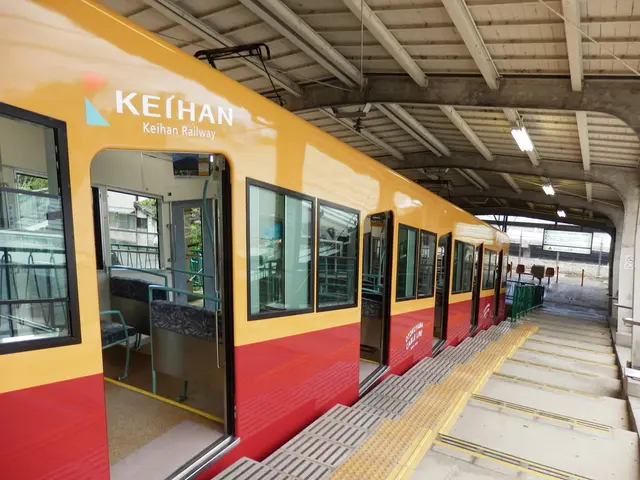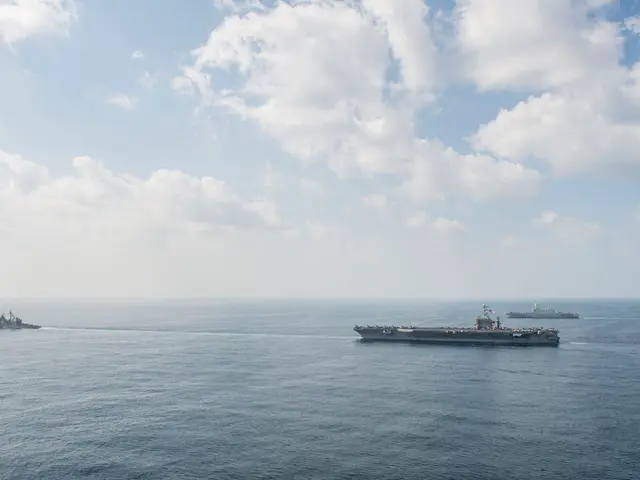EU industries face significant challenges due to a scarcity of rare-earth elements originating from China.
In a significant shift, companies exporting rare earths from China are now required to secure licenses, slowing the flow of these crucial elements out of the country. This development has had a ripple effect, causing production slowdowns in European car manufacturers, as reported by several industry sources.
The European Commission has identified over 50% of vulnerabilities and dependencies as being caused by China. Europe's exposure is aggravated by its structural trade position, with trade in goods dominated by deficits, and surpluses in services insufficient to offset vulnerabilities in critical inputs. Recycling and substitution rates remain low in Europe, limiting its ability to adapt quickly to supply disruptions.
In an effort to reduce dependency on China, European countries such as Germany and the EU are diversifying supply sources, expanding recycling infrastructure, supporting exploration projects domestically and abroad, and seeking alternative international partnerships. However, the strong Chinese market dominance and the high costs and time required for alternative mining infrastructure remain significant challenges.
The immediate consequence of these disruptions are higher costs and weaker competitiveness for EU firms, with investment decisions being delayed in sectors ranging from automotive to renewable energy. Shocks in rare-earth supply not only increase costs but also undermine broader industrial strategies, feeding through to Europe’s growth outlook.
The European Commission is prioritizing more agreements with close neighbours and candidate countries to reduce supply chain disruptions. The EU is also pushing to conclude new or deeper trade agreements with India, Indonesia, Singapore, Vietnam, Japan, and others to reduce dependency and maintain leverage in the face of mounting China-US rivalry.
China controls about 90% of global production of rare-earth magnets, which are used in various industries including electric vehicles and wind turbines. The restrictions on rare-earth exports followed tariffs announced by US President Donald Trump. Chinese authorities have placed seven rare earths and permanent magnets on their export-control list, causing factory delays and stoppages across key European industries.
Rare-earth shipments collapsed soon after China placed these items on the export-control list, even as China's overall exports reached record highs. Holger Görg, director of international trade research at the Kiel Institute, stated that decisions taken in Washington and Beijing have implications for European trade and should not be viewed in isolation.
Both the US and China are now using strategic resources as leverage in their confrontation. The European Commission sees these partners not just as markets but as strategic bulwarks. The restrictions on rare-earth exports are part of a larger geopolitical game that is reshaping global trade dynamics.
Read also:
- United States tariffs pose a threat to India, necessitating the recruitment of adept negotiators or strategists, similar to those who had influenced Trump's decisions.
- Weekly happenings in the German Federal Parliament (Bundestag)
- Massive 8.8 earthquake hits off the coast of Russia's Kamchatka Peninsula, prompting Japan to issue a tsunami alert.
- Court petitions to reverse established decision on same-sex marriage legalization





